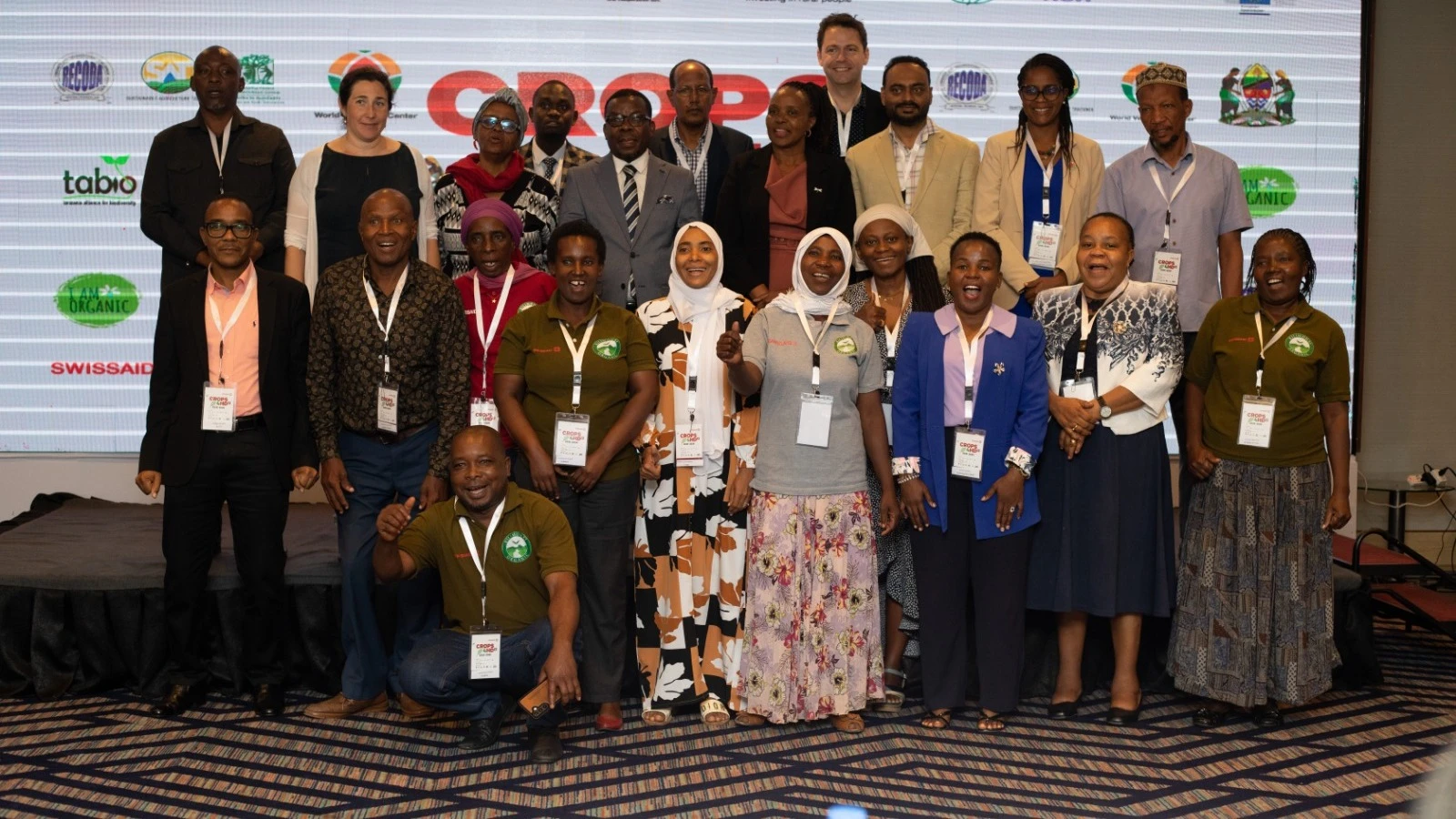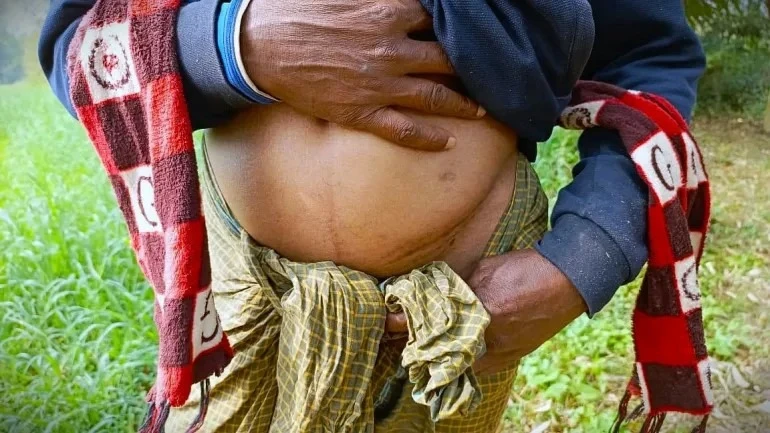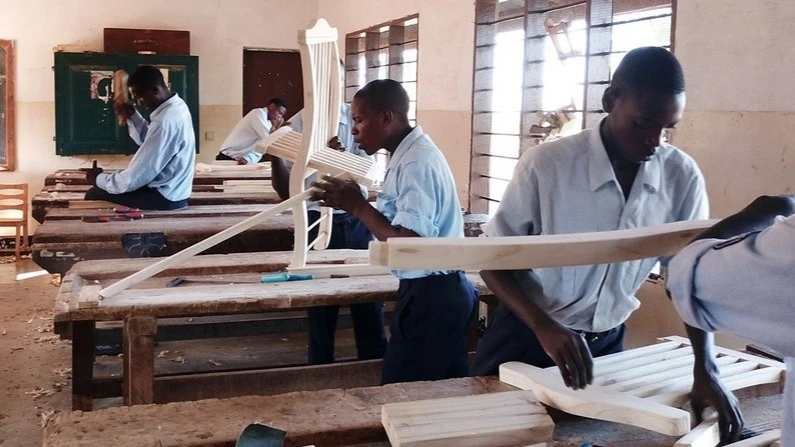SwissAid, stakeholders creating synergies for underutilised crops

SWISSAID in collaboration with partners has launched the second phase of the crops for healthier diets (Crops4HD) programme.
Betty Malaki, the agency’s country representative, said at the launch event in Dar es Salaam yesterday that the programme is a critical investment in sustainable and inclusive food systems.
This initiative is a bold step to promote neglected and underutilized crops, transform rural livelihoods and strengthen community resilience to climate change, officials noted.
Neglected and underutilized species are traditional crops and food plants that have historically been important to local diets and ecosystems but have received limited attention from modern agriculture and research, which at the local level are chiefly listed as finger millet, amaranth, pumpkin seeds, tubers of various sorts, etc.
The four year initiative runs from July 2025 to June 2029, meant to improve food security, nutrition and income generation by empowering 16,000 smallholder farmers in Lindi, Mtwara and Dodoma regions, she said.
“The Crops4HD initiative brings to the forefront neglected and underutilized crops and fish species that are rich in nutrients, climate-resilient and deeply rooted in our local food cultures,” the representative explained.
“By scaling up their production and use, we are not only promoting healthier diets but also empowering smallholder farmers, especially women and youth—to take a leading role in transforming food systems in their communities,” she explained.
The new phase would place strong emphasis on local ownership, ensuring that communities are more actively involved in project design and implementation, she said, affirming that collaboration with local councils and regulatory agencies is central to ensuring alignment with policy and guaranteeing sustainability.
The second phase is projected to cost 21bn/-, with more funds needed to fully achieve the set goals, she said, observing that the scale of ambition is high, “but we are confident that partners and government institutions will step forward and support its implementation.”
Prof. Stephen Nindi, the Agriculture deputy permanent secretary highlighted that the programme is aligned with key development frameworks, including the national ecological organic agriculture strategy, the third five-year development Plan and Vision 2050.
Agricultural sector funding has received a major boost following a budget increase from 294bn/- in 2022/23 to 1.3trn/-this financial year, he said, pointing at institutional reforms and innovative models that promote agro-ecological approaches.
Sakphouseth Seth Meng, the country director for the International Fund for Agriculture Development (IFAD), cited the programme as a strategically vital design for Tanzania’s nutrition and climate goals, closely aligned with key priorities in rural development, poverty reduction and women’s empowerment.
“Though its financial contribution is relatively modest—around euro four million, Crops4HD provides a valuable platform to enhance health data collection, integrate sustainable farming practices and support community-based innovation, he stated.
Phase II will introduce anticipatory action to strengthen community resilience in the face of climate and food system disruptions, the SwissAid director noted.
Johanna Omere, executive director of 'I'm Organic store, stressed the health benefits of organic foods, attributing certain diseases to the use of synthetic chemicals in conventional agriculture. Organic farming practices merit greater support, she added.
Top Headlines
© 2025 IPPMEDIA.COM. ALL RIGHTS RESERVED






















